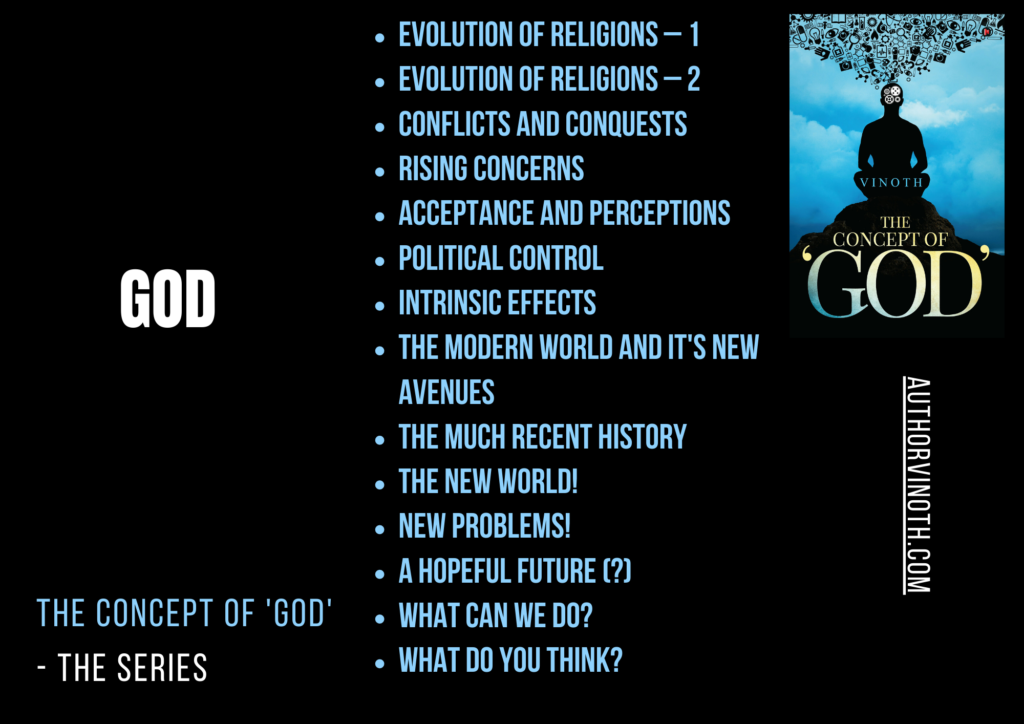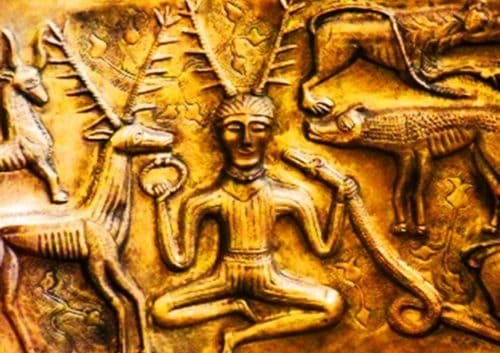After the First World War, many explanations about reality were given through sciences, the intelligent minds constantly progressed to new heights in astronomy and dug deeper and deeper into particle physics.
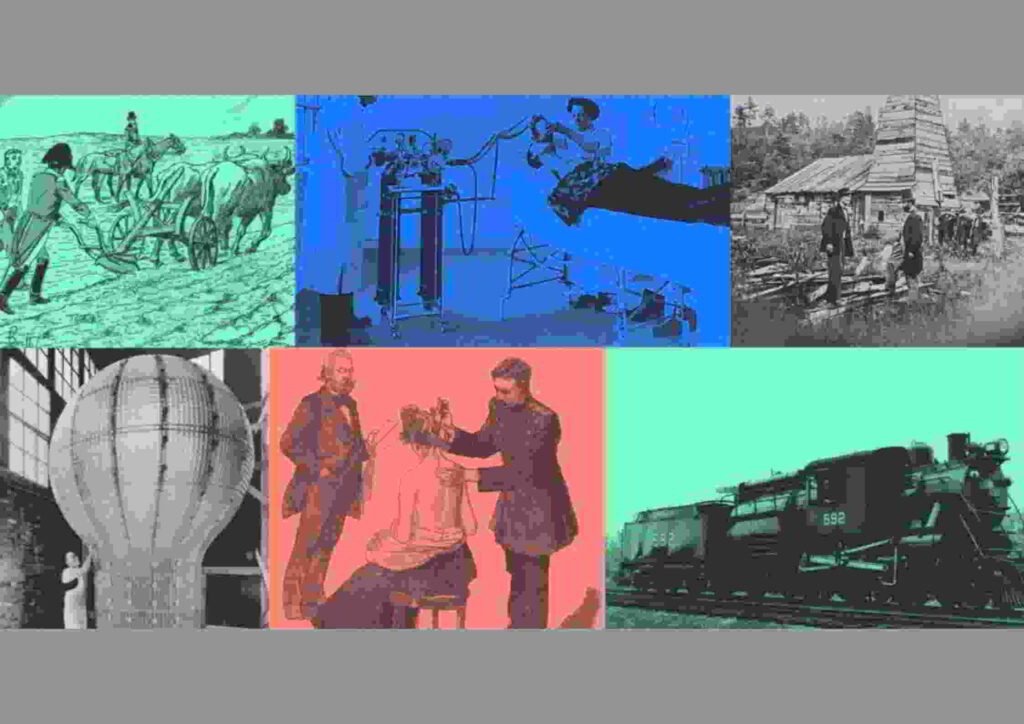
They didn’t directly try to disprove the notions of God, but the results of their researches constantly hit people’s religious beliefs. Every idea about reality and life so far taught by religions broke down from their minds, everything except humanitarian values and love. In the increasingly industrialising world where people needed money to survive, the only factors that kept God alive were love and hope.
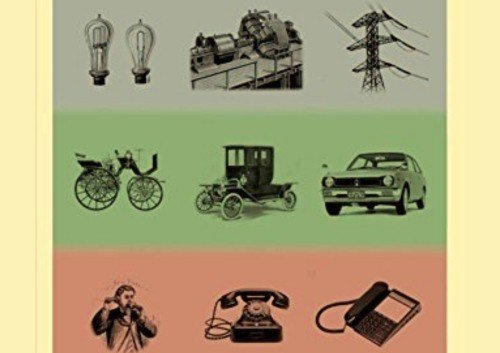
There was another development in the twentieth century which made a huge impact on the notion of God in the long run, birth of communist countries. After the Second World War, there came differences in the standard of living between people and between countries. Notions about materialistic happiness and wealth were spread by capitalistic countries, and people in the communist world were naturally hooked to the capitalist side.
These differences in wealth between civilisations, countries and people have always existed, but people of the twentieth century became more aware of these differences with the much easier availability of information through telegram, radio and newspapers.
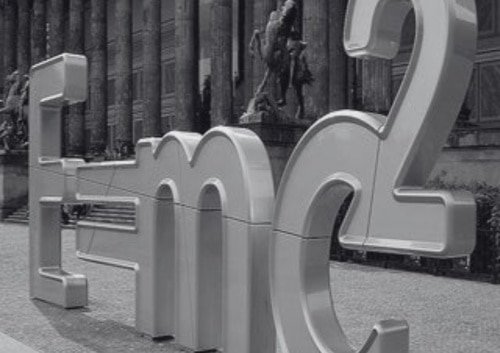
The scientific developments of the period revolved around Einstein’s ideas and theories, and mainly the fact that energy can be converted into mass. The mass-energy equivalence equation too had a profound impact on people’s view of God. So far, the Western society saw the universe from matter perspective (and with colonialism, it forced the rest of the world to change to their view too).
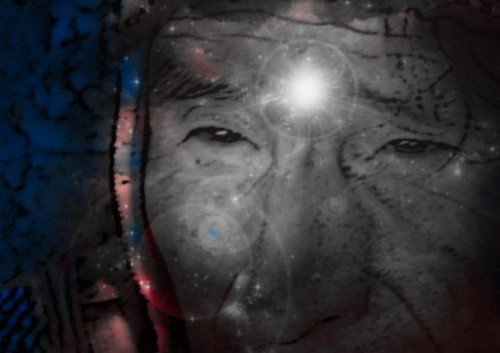
The intangible elements like forces and energy were so far seen as elements in the equations about reality. The view of people was based on just what they saw with their 2 eyes and seldom on what they felt with their third eye. Religions promised people about a conscious person (like them) sitting up in the sky above, watching them all, and as such people believed in the tales.
The materialistic mind found it hard to associate the energy with God until the twentieth century. When Einstein explained the importance of energy than mass, a number of literatures came up in the mid-twentieth century and later, explaining the Gods to be energy itself. But for the common man to easily accept this fact it was hard, and it is not his fault too. More than 3000 years of belief that God is a person and suddenly when someone says it was energy all the time, he wouldn’t accept it right away! He needed time. Until then, a God supported by his religion was needed.

Through the World war and Cold war periods, love grew as a God and people started using the ideas about love as God in arts and literature, no matter where they lived and what religion they followed. We read about these literatures now and then. Communism took a back seat in the late twentieth century, and the events that followed are well known; the world started celebrating the freedom of choices(!) in their lives and across the world. The inequalities that were to follow, was little known by then.
Information technology reached new heights and continues growing, and people feel this change every day. Sadly, the cost people keep paying for these changes are little known to them.
